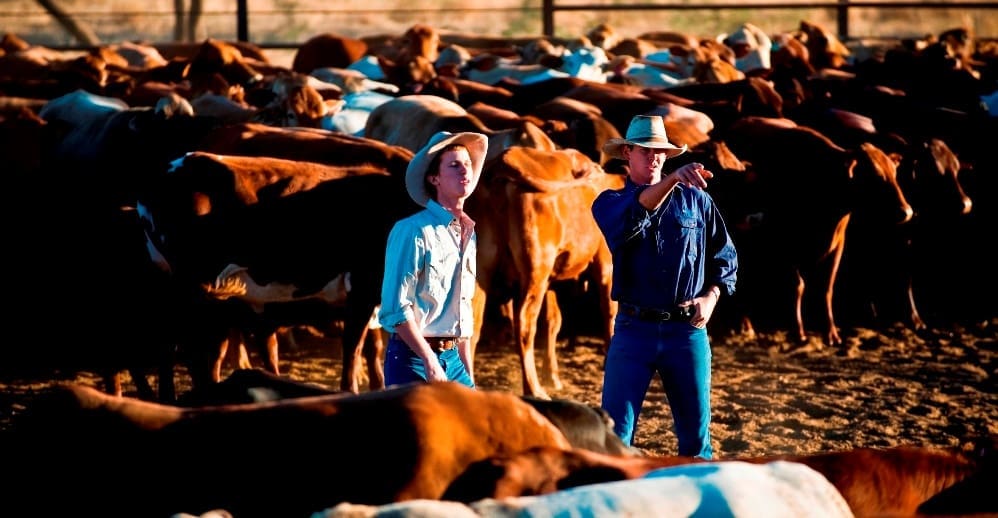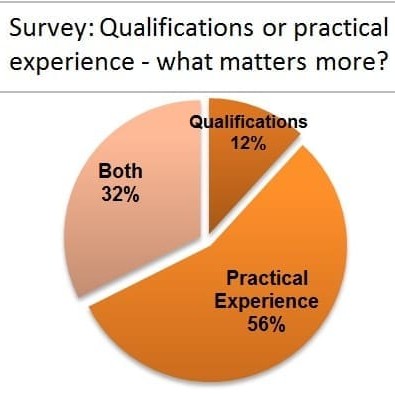Latest listings on AgJobs Central recruitment page:
- Farm Manager Mixed Livestock, Canowindra – NSW (Drover Ag client)
- Operations Manager, Glencoe – NSW (Hancock Agriculture)
- Business Development and Adoption Officer (Kimberley Pilbara Cattlemens Assn)
- Senior Station Hand, Woolnorth – Tas (TRT Group)
- Rendering Operations Manager, Dandenong South – Vic (AMG)
- Station Manager, Allawah – Qld (Consolidated Pastoral Co)
- Agribusiness Administrator, Roma Qld (Australian Country Choice)
- Farm Hand/Operator, Gunnedah – NSW (Faulkner Farming)
- Machinery Sales Rural, Wagga Wagga – NSW (Rimfire client)
- Territory Sales Manager – Regional Vic (Rimfire client)
- Territory Sales Manager – North Qld (Rimfire client)
- National Sales & Development Manager – Qld (Rimfire client)
- Livestock Technical Officer, Townsville – Qld (CSIRO)
- Feedlot Manager – Moruya feedlot Qld (AgHR client)
- Cell Manager/Assistant Manager, Cunnamulla – Qld (Drover Ag client)
Click here to access these and other exciting meat and livestock supply chain positions currently listed on AgJobs Central.

SOME time back, we asked readers via a Survey Monkey online survey what they thought was more important for the meat and livestock industry workforce – qualifications, practical experience or both.
Logic would have suggested that the combination of experience and qualifications would come out on top. But somewhat surprisingly, the most popular choice was practical experience, which 56 percent of respondents chose over the two other options.
 Some of the reasons provided by readers included experience and attitude being greater than a list of qualifications, and that experience gained would help determine one’s love for the job.
Some of the reasons provided by readers included experience and attitude being greater than a list of qualifications, and that experience gained would help determine one’s love for the job.
The survey respondents provided valuable insight on why this is so.
“If someone has practical experience and is still keen to work in that field they will be of greater use to you than someone with a list of tickets and qualifications but no experience,” one respondent said.
“I think our young folk should be seeking employment (experience) while still at school, they will soon work out what field they want to pursue by the time they leave school as opposed to going to Uni and then finding they have no love of what they have just spent years studying (and having a party at Uni). We need to instill some common sense back into the workforce and common sense goes hand-in-hand with experience not so much qualification.”
“The commercial reality is that these people can think quicker on their feet with well-rounded and succinct answers,” was another response.
A total of 32pc of respondents expressed a view that qualifications and practical experience go hand-in-hand. They argued that this it strikes a balance, compliments the job at hand and also helps those who are new into the agri workforce to build on their qualifications.
“As a university student I am taught the specifics such as science, economics and managements skills required to understand and compliment my job on a cattle station. I wouldn’t be as competent in my job without learning what I do at uni, and I wouldn’t understand my degree as well if I didn’t have the hands on experience to compliment it,” another respondent said.
“With young people starting out, employers must remember that their role as first employer is to build and guide that young person to gain experience. The only way one can build on their qualification is through experience. This will become more important as our workforce ages and there simply are not enough people coming through with experience.”
Only 12pc of respondents felt that qualifications were the most important of the three options. Obviously there are certain fields within the red meat industry where qualifications are absolutely critical – animal nutritionist, helicopter mustering pilot and accountant among them. Some respondents believed that a task could be learnt, but that a qualification taught an individual to think critically.
“Qualifications show dedication and the ability to research to gain the right experience,” one respondent said.
The range of volunteered responses tended to show that younger industry stakeholders tended to value qualifications more highly than their older counterparts.
A director of an agricultural staffing company said he did not see too many surprises in the results.
“The summary to me seems clear – get an education that teaches you the basics, and then get into the workplace and learn on the job,” he said.
“Those with the experience should play the role of educators and mentors to those who are willing to get their hands dirty, to learn how to apply themselves while on the job.”

I believe the survey results are a reflection of the biased within the group surveyed, i.e. whilst the number of tertiary trained folk involved in the cattle industry is rapidly increasing, the majority have entered the industry through family experience on the land.
Thanks for your comment, Ron. There’s no suggestion this was a qualitative survey, with any sort of rigorous sampling methodology. It was simply seeking stakeholder opinion, which it received in abundance. Editor